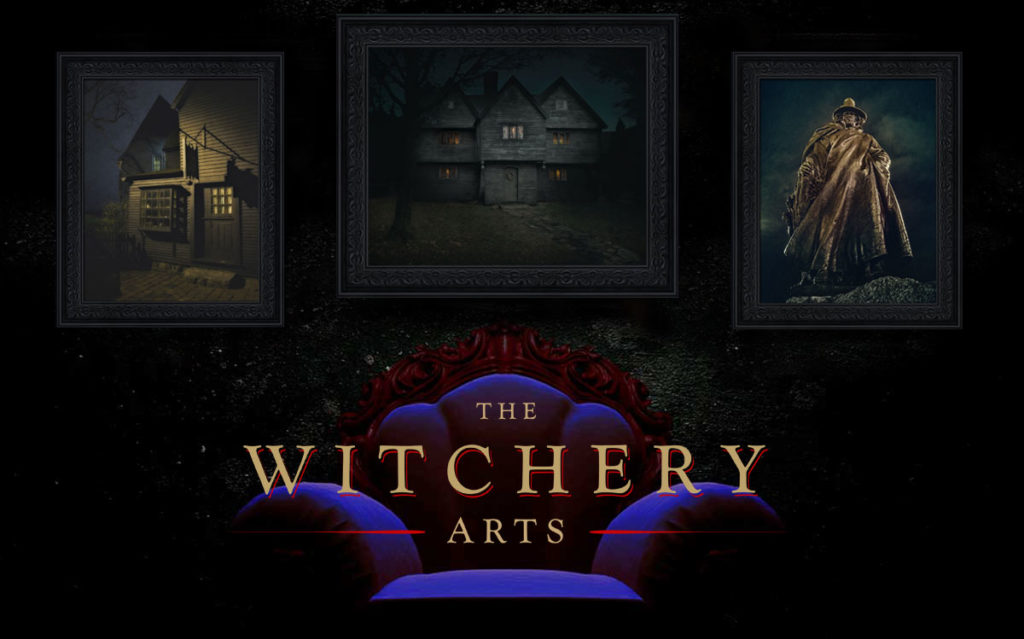
I’m from the midwest, where for the most part, people are friendly. Outgoing even. If you meet a person outside in the dead of winter, you’re likely to find yourself standing out in the cold, talking about how cold it is.
While visiting the Spencer-Peirce-Little Farm Manor House in Newbury, Massachusetts, I found myself in a conversation with the woman tending the animals there, who gave me an insight into the New England temperament. “People say New Englanders are cold, but in truth we’re just cold,” she said, rubbing at her red nose with her gloves. “When we’re cold, we’re trying to get someplace warm. If we seem aloof, follow us into a warm place and you’ll see we’re as friendly as anyone else.”
I was thankful for the clarification as a few days previously I had been at Old Sturbridge Village in Sturbridge, Massachusetts. I arrived at the park almost at opening, and the morning was still cold when I found myself in the cooper shop. Originally owned by Simeon Nash, a cooper from Waldoboro, Maine, it was built around 1840 and moved to Old Sturbridge in 1968. A cooper, for those uninitiated, is one who builds barrels, buckets – a variety of wooden items made to hold liquids.
I asked the interpreter about the cold inside his shop, noticing that he was bundled in a heavy coat and scarf, only to be told that “if it’s cold you put on a coat and stay busy. If you’re not busy, you’re wasting time.”
The particular cooper on duty that morning was busy making a wooden barrel, and at first I thought perhaps my presence irritated him. Most of my questions were answered with a simple “ayep” or “nope.” And I was about to wander out when a gaggle of ladies came in. I noted that even the ladies could elicit little more from the cooper than I had, and they quickly moved along. I started to slip out as well, when the fellow began explaining what he was doing.
There’s a lot of precision involved in the cooper’s job, as typically his wares were made waterproof by exact fit and even pressure. One might think that if you owned a wooden pail or bucket, that was it. But that’s not taking into account the changing of the seasons, going from hot to cold and back to hot again. Science tells us that change in temperature cause the wood to expand and contract, and so frequently wooden containers need repaired.

Coopers, like most occupations in rural New England villages were typically part time affairs. What most men did at the time, was the same as the earliest settlers at Plymouth, farming. When the cooper wasn’t working the fields, planting or harvesting, he could ply his trade. The work was seasonal, with winter being the time for collecting the wood. The cooper trade requires good wood, straight and free of branches to be free of knots. Come spring, once the crops were in the field, the neighbors would show up with their damaged containers, and the cooper would go to work.
I asked if constantly having neighbors show up with damaged goods was somewhat irritating, and he replied “nope.” “I’m a farmer, and when it’s time to work the field or gather the harvest, I need my neighbors, as I’d not be able to do it alone.” He explained that the cooper profession brought in little cash, but that neighbors work in exchange for work. When you needed a neighbor’s services, you typically paid for those services with your own, and with help in the fields.
I wondered how that would work today, and reason that it would likely fail. Our communities are too large, our neighbors strangers and few of us have the skills needed to keep a farm and home working. Today we rely on specialists and when we need a bucket, we buy one made of plastic, which is more or less impervious to the hazards of weather.
But we lost something in the process. Much is said of our ancestors self-reliance, but that belies a forgotten truth. In reality, they weren’t typically self-reliant, but dependent on their neighbor’s skills in areas which they didn’t possess, and their labor for jobs too large for one family.
Today, we don’t need our neighbor to fix our bucket, or harvest our crops, and that gives us a false sense of self-reliance. If one day we lose the source or the income for that bucket, we’re going to find out how alone we really are.









Leave a Reply